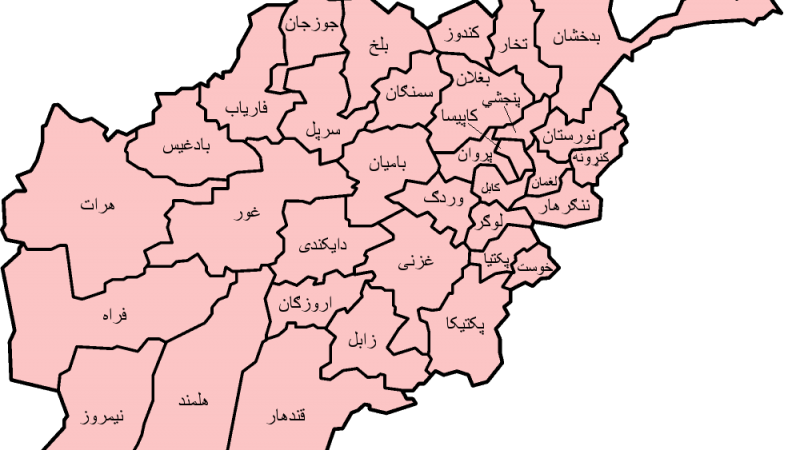By Abdulfattoh Shafiev
Salahuddin Rabbani, Afghanistan's new minister of foreign affairs and son of the country's murdered former president Burhanuddin Rabbani, is facing a barrage of criticism for beginning his pre-approval speech to the Afghan parliament in Pashto. The fiercest criticism is coming from Rabbani's Dari-speaking ethnic kin, who feel betrayed that he chose to speak in a language that is not his native tongue.
Pashto and Dari are the two official languages of Afghanistan according to the constitution. While all but two of Afghanistan's rulers for the last two centuries — Habibullah Kalakani and Burhanuddin Rabbani — were ethnic Pashtuns, Dari, a local name for Farsi, is more widely used in written form than Pashto. Dari is also the preferred language of several of the country's non-Pashtun ethnic groups, including the large Tajik minority Rabbani hails from.*
Shortly after the speech on January 27, Abdullatif Pedram, the leader of the National Congress Party of Afghanistan and an ethnic Tajik, wrote a widely circulated Facebook post criticizing the new coalition government of Afghanistan and calling it “illegal” and “anti-constitutional”. Salahuddin Rabbani had “betrayed [his] native language and Farsi culture,” Pedram added.
Many expressed their agreement with him:
Others accused Pedram of nationalism. Ahmad Wali Hakimi chastised:
Another discussant, Fazl Azizi, pointed out the dual nationality of the new minister of foreign affairs, a factor that held up his appointment:
In actual fact Afghan media reported that the country's lower house had approved the cancellation of Rabbani's British citizenship on January 26, paving the way for him to be approved as foreign minister January 27. Afghanistan's parliament has still yet to agree over half of President Ashraf Ghani's ministerial nominees, many of whom are also citizens of two countries.
Both Ghani, who identifies as an ethnic Pashtun, and his erstwhile rivals for the presidency, took steps to build ethnically diverse coalitions in the run up to the vote earlier this year. Ghani, for instance, included Ahmad Zia Massoud, a Tajik and the brother of the legendary Northern Alliance commander Ahmad Shah Massoud in his presidential team. Many ethnic Tajiks criticised Ahmad Zia Massoud for siding with Ghani rather than his presidential rival Abdullah Abdullah, a half-Pashtun-half-Tajik who was one of the Ahmad Shah Massoud's closest friends before the latter's assassination in 2001.
Rabbani, who was Afghanistan's Ambassador to Turkey in 2011, is foreign educated and viewed as technocrat, despite having strong Tajik tribal connections through his late father. By beginning his speech in Pashto, he may have sought to smooth the ethnic and linguistic divides in the country. Instead, he seems to have aggravated them further.

No comments:
Post a Comment